Charlotte, North Carolina is well-known for its beautiful parks and green spaces located throughout the city.
| Park Name | Highlights |
|---|---|
| Freedom Park | Large lake, walking trails, playgrounds |
| Romare Bearden Park | Artwork, water features, city views |
| First Ward Park | Interactive fountains, skyline views |
| Latta Park | Sprawling green spaces, recreational areas |
| Marshall Park | Lake, memorials, skyline backdrop |
| Little Sugar Creek Greenway | Trails, water views, connectivity to parks |
| McDowell Nature Preserve | Lakefront, camping, hiking trails |
| Reedy Creek Park | Large natural area, fishing, dog park |
| Independence Park | Historic, sports facilities, gardens |
| Frazier Park | Urban green space, dog park, sports fields |
| Nevin Park | Athletic fields, playground, walking trails |
| Renaissance Park | Golf course, disc golf, walking paths |
From small neighborhood parks to sprawling botanical gardens, Charlotte has something for everyone when it comes to outdoor recreation.
Freedom Park

Name and Location: Freedom Park is located in downtown Charlotte, North Carolina spanning several city blocks.
History and Significance: Completed in 1999, Freedom Park transformed an abandoned industrial area into green space with facilities to host community events and cultural activities.
What to Expect: Visitors to Freedom Park can walk along landscaped paths and open lawns, visit memorials honoring civil rights activists, enjoy outdoor concerts and performances at Festival Lawn, picnic, play at playgrounds and courts, and more.
Visitor Information: Freedom Park is free and publicly accessible daily 5AM-11PM. Located near Charlotte’s center city, it is walkable from Uptown or easily reached by car or city buses.
Freedom Park is one of Charlotte’s most popular and largest parks, spanning over 98 acres in the Dilworth and Myers Park neighborhoods. Visitors enjoy walking, running, and biking on the park’s paved trails that meander through lush gardens, a small lake, sports fields, and woodland areas. The park is also home to local favorite Freedom Park Vintage Market selling antiques, crafts, and food on weekends. Highlights include the ornamental cherry tree grove with over 150 weeping Higan cherry trees and the Friendship Pergola with panoramic views of the skyline.
Romare Bearden Park
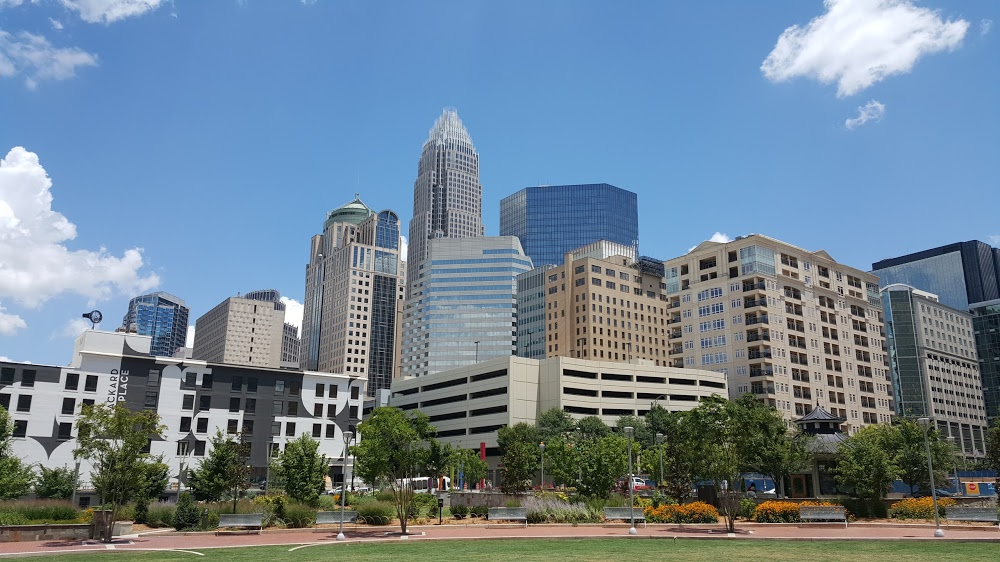
Name and Location: Romare Bearden Park is a public park located in uptown Charlotte, North Carolina.
History and Significance: Dedicated in 2013 and named after an influential local African American artist, Romare Bearden Park transformed vacant space into a central gathering place and hub connecting major institutions.
What to Expect: Visitors enjoy public art, dancing water features, open lawn, lighting displays, live music, food trucks, family activities, summer movies and plays, exercising on the track and fitness equipment, or relaxing by the fountain.
Visitor Information: Romare Bearden Park is publicly accessible 24/7. The uptown location surrounded by museums and sporting facilities allows walkable, convenient access or METRO transit options.
Named after famous Harlem Renaissance artist Romare Bearden who grew up in Charlotte, this 5.4 acre park opened in 2013 in Uptown. It features dynamic water features, colorful mosaic tile work, and a large open lawn for concerts, events, and relaxing by the water. Interactive water fountains delight families with children, while the meadow grass and surroundings skyscrapers make it an urban oasis for all. The park also hosts community events, jazz nights, and yoga in the park.
Independence Park

Name and Location: Independence Park is located in the Elizabeth neighborhood of Charlotte, North Carolina.
History and Significance: Established in 1964, Independence Park serves historic east Charlotte as a recreational hub with sporting facilities, playgrounds, and space for community events.
What to Expect: Independence Park offers visitors athletic fields for soccer and baseball, tennis courts, basketball courts, playgrounds, walking trails, picnic shelters, restrooms, and seasonal programming. Visitors can play, exercise, attend events, or relax in the park setting.
Visitor Information: Independence Park is an open public park accessible daily 5am-11pm. It sits near highways for easy car access and bus routes. Limited parking lots serve visitors.
For sports and recreation lovers, Independence Park can’t be beat. Spanning 140 acres southeast of Uptown, the park contains a lake, tennis center, three baseball fields, soccer fields, volleyball courts, playgrounds, and three miles of wooded trails perfect for running or biking. Anglers can fish in the seven-acre lake from the fishing pier or along the shoreline. Families enjoy picnics under shade trees next to the lake or letting kids burn off energy at the innovative playgrounds.
Reedy Creek Park
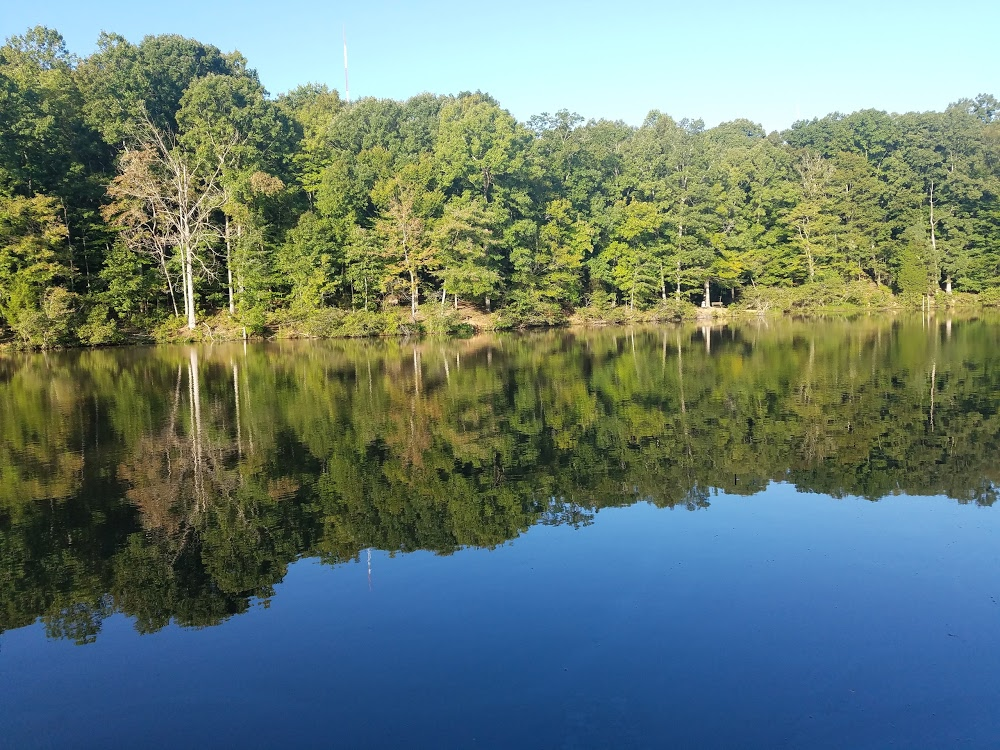
Name and Location: Reedy Creek Park is located in north Charlotte, just south of University City.
History and Significance: Developed in 1990, Reedy Creek Park transformed 186 acres into diverse recreational facilities with restored wetlands and nature preservation.
What to Expect: Reedy Creek visitors can walk nature trails by ponds/wetlands to spot wildlife, play on recreational fields and courts, bicycle on paved trails, swim in summer, play disc golf, picnic in pavilions, geocache, attend events, and more in this large regional park.
Visitor Information: Reedy Creek facilities are open daily, though hours vary by amenity. The park offers free access, parking, and accessible paths connecting its features like Nature Center, skate park, athletic fields, and playgrounds.
At 189 acres, Reedy Creek Park is Charlotte’s second largest park and considered a “dream park” with numerous amenities meeting diverse interests. Nature lovers enjoy walking among towering trees and forests leading down to a 34 acre lake, as well as a butterfly garden and wildlife observation area for birdwatchers. For recreation, the park offers lighted tennis courts, softball and baseball fields, volleyball courts, horseshoe pits, fishing areas, and a disc golf course. Inside are nature center classrooms and exhibit halls focused on environmental education.
First Ward Park
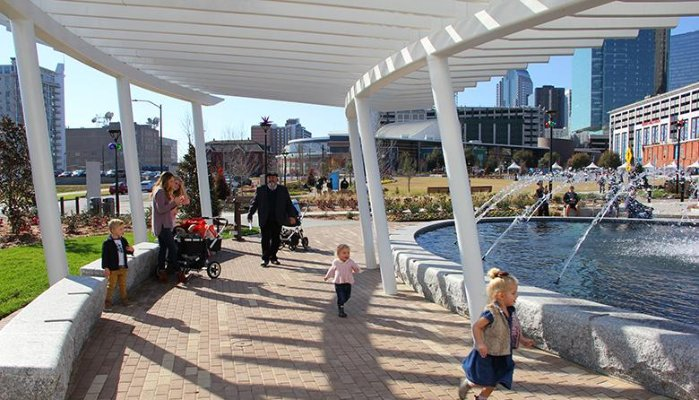
Name and Location: First Ward Park is an urban park located in uptown Charlotte, North Carolina near Bank of America Stadium and BB&T Ballpark.
History and Significance: Opened in 2013, First Ward Park transformed undeveloped land into green space, reconnecting an area to provide family recreation alongside rail trails and cultural facilities.
What to Expect: Visitors enjoy walking paths, movable tables/chairs, playing fields, outdoor fitness, playground, splash pad, plaza, public art, and partake in free yoga, tai chi, music and seasonal events plus sports entertainment.
Visitor Information: First Ward Park has free daily dawn to dusk access. Light rail and bus stops border the park. Nearby garage parking serves visitors.
First Ward Park provides a central gathering place in Uptown’s First Ward neighborhood, with fountains, public art installations, performance spaces, gardens, and open greens perfect for relaxing, people watching, and events. Family-friendly features include a playground, sprayground, and small amphitheater that hosts regular family entertainment series. Fitness lovers also utilize the park, which connects to the Little Sugar Creek Greenway allowing people to walk, jog, or bike to other parts of the city.
Marshall Park
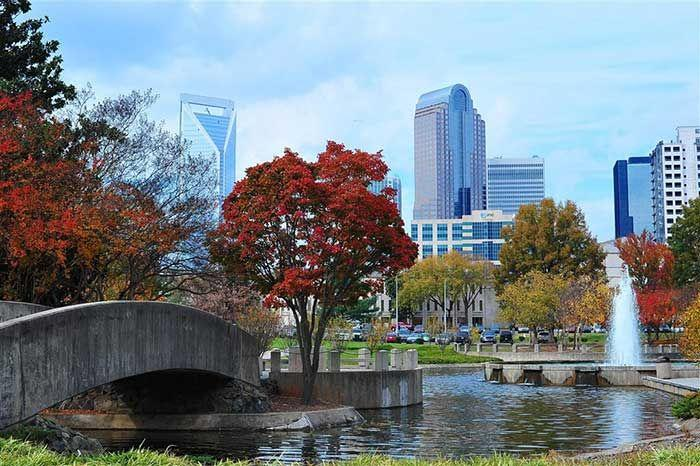
Name and Location: Marshall Park is located in the Elizabeth neighborhood of Charlotte, North Carolina.
History and Significance: Dedicated in 1991, Marshall Park transformed an overgrown site into a multi-use recreational park with picnic facilities, trails, and sports amenities as an area gathering place.
What to Expect: Visitors enjoy walking trails, picnic shelters, tennis/basketball courts, softball and open play fields, playground, restrooms and wooded areas in this community park setting. Seasonal cultural events are also hosted.
Visitor Information: Marshall Park offers free access and parking daily 5AM-11PM. It sits just off highway routes for accessible driving access by visitors while open fields invite leisurely wandering.
Situated in the fashionable Dilworth area, the 12 acre Marshall Park charms visitors with gorgeous English gardens showcasing roses, camellias, azaleas, and other stunning florals. The colorful plantings andEuropean fountains create a serene urban retreat. Mature oak trees covered in Spanish moss line the perimeter. The park also preserves history as the site of the 1780 Battle of Charlotte in the Revolutionary War. Today its manicured lawns and benches make an idyllic spot for picnics under the trees.
Hornets Nest Park

Name and Location: Hornets Nest Park is a 490 acre park spanning the banks of Lake Wylie just south of Charlotte, North Carolina.
History and Significance: Established in 1964 and site of Revolutionary War history, Hornets Nest Park has been developed into a popular recreation destination for water sports, picnicking, trails, fields, playground and diverse cultural events.
What to Expect: Visitors enjoy boating, fishing, swimming, kayaking and SUP on Lake Wylie. Trails, picnic grounds, a dog park, athletic fields, courts, playground, restrooms and seasonal programming invite active recreation or relaxation at the lakefront park.
Visitor Information: Hornets Nest Park offers daily 6AM-8PM access, though some facilities keep extended hours seasonally. A daily entrance fee of $8 per vehicle applies.
Nature takes the spotlight at Hornets Nest Park, with hiking, mountain biking, and equestrian trails passing through peaceful hardwood forests, following the contours above lake coves. The park spans almost 700 acres with eight miles of wooded trails and a 30 acre lake perfect for fishing. Other features include a boat launch, basketball courts, volleyball courts, playing fields, and a popular dog park. The on-site nature center offers exhibits about local plants and animals plus an animal hospital for injured and orphaned wildlife.
Cordelia Park
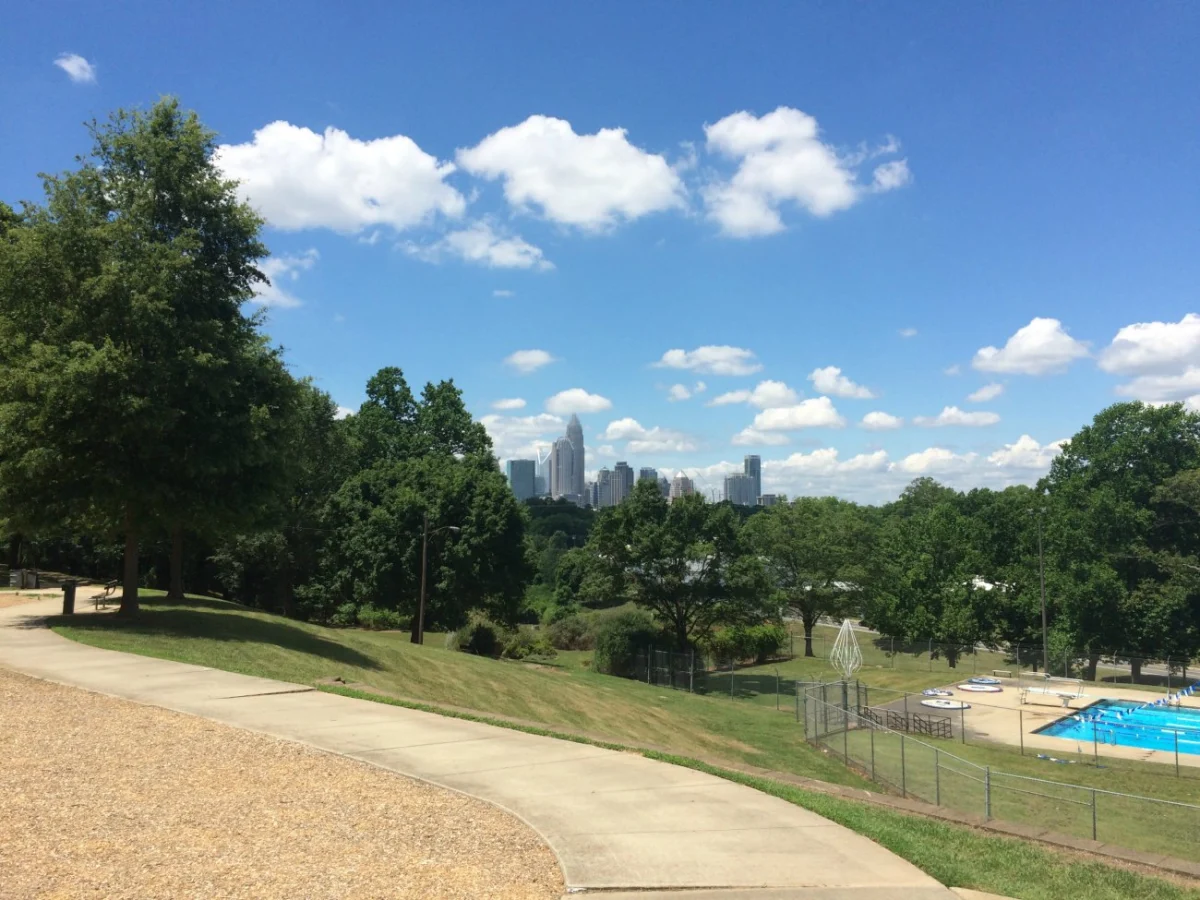
Name and Location: Cordelia Park is a 95 acre district park in north Charlotte, just southwest of University City along Sugar Creek.
History and Significance: Developed in 1959, Cordelia Park brought much-needed local recreational opportunities in education, athletics and leisure activities alongside the creek, with community center events.
What to Expect: Park visitors enjoy walking along the creek, renting a picnic shelter, playing tennis, basketball and sand volleyball, using the athletic fields, playground, and recreation center rooms plus programming for all ages and abilities.
Visitor Information: Cordelia Park offers free daily access 5AM-11PM. Some facilities keep varied hours. Visitors can easily drive or take bus routes to enjoy the park along the greenway.
Tucked away in the NoDa neighborhood, Cordelia Park encompasses 10 acres packed with amenities. Kids delight in the playground, sprayground, and game tables at the recreation center. There are also lighted tennis courts, basketball courts, a softball field, and walking trail circling a small lake. Shady trees and benches provide relaxing spots, while murals and an artistic bridge brighten the landscape. The park frequently hosts community gatherings like movies in the park and food truck rallies.
Sunset Hills Park
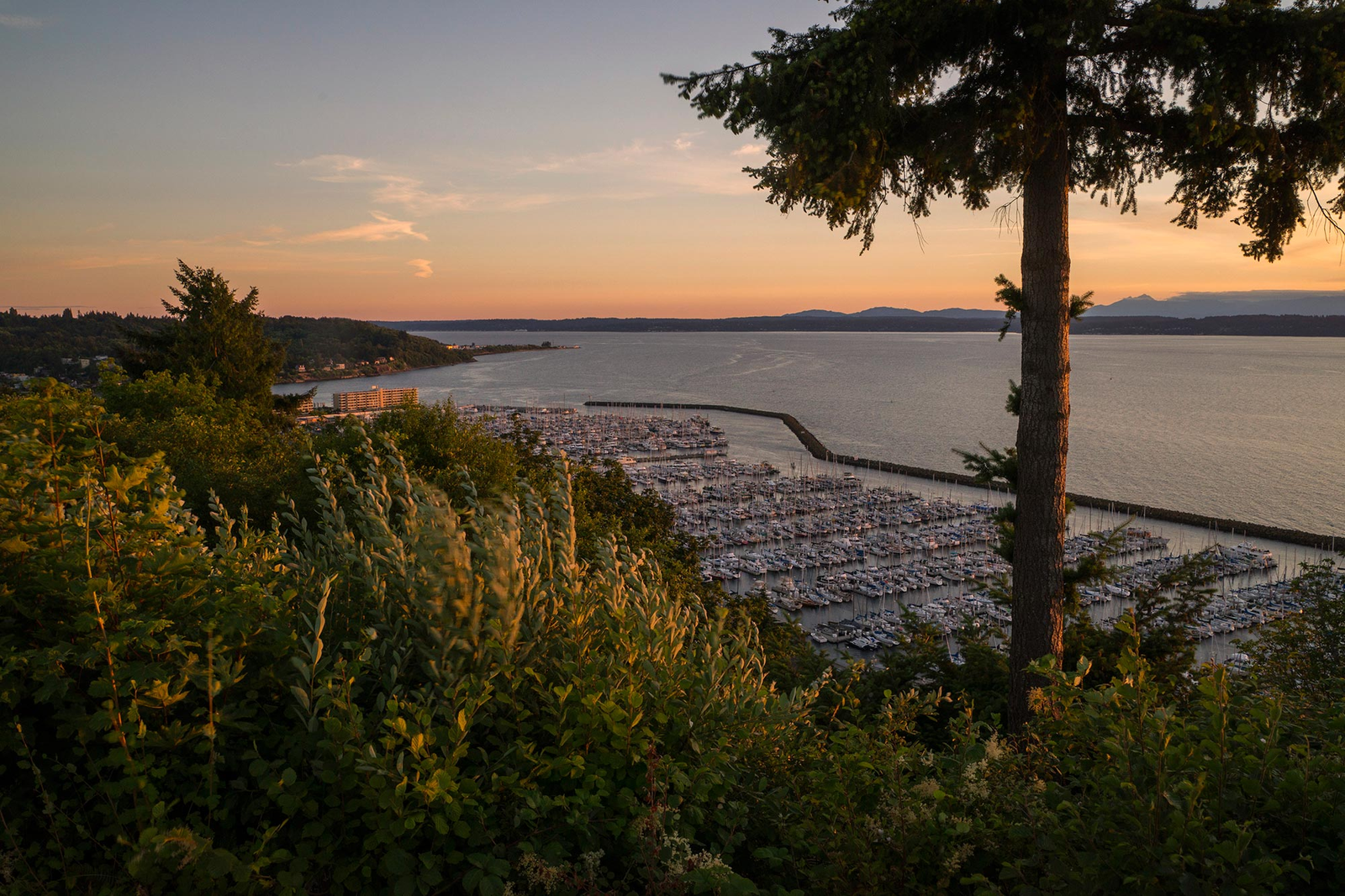
Name and Location: Sunset Hills Park is located in south Charlotte, just outside Pineville adjoining Mountain Island Lake.
History and Significance: Development began in the 1960s, establishing public green space allowing access to recreation along Mountain Island Lake that continues serving area families today.
What to Expect: Visitors enjoy walking nature trails, having picnics, playground facilities, renting shelters, using the volleyball court, fishing from the dock, launching kayaks or canoes, and admiring mountain island lake views from the scenic overlook.
Visitor Information: Sunset Hills Park has free access and parking from 5AM-11PM daily. Some amenities keep varying seasonal hours. The park is only minutes from Pineville alongside highway access roads.
For dazzling city panoramas, head to Sunset Hills Park in the prestigious Myers Park neighborhood. These five acres perched on a hilltop offer some of the best skyline views, especially at dusk when the lights begin to twinkle. Gardens filled with roses and other blooms frame the overlook. Stone walking paths meander past benches, grassy knolls, and old growth trees. After admiring the sights, visitors often picnic on the lawn or join in neighborhood events like yoga in the park.
Clark’s Creek Nature Preserve
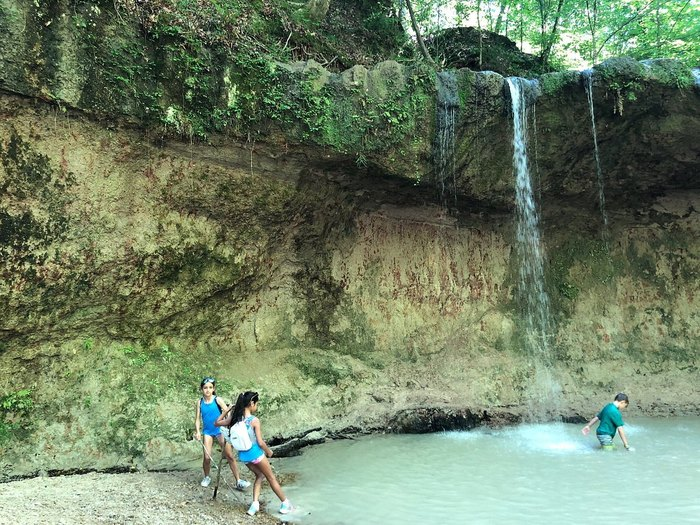
Name and Location: Clark’s Creek Nature Preserve is a 126 acre nature park located in south Charlotte, near Arboretum area.
History and Significance: Preserved since 2002, the land’s indigenous forest, beaver pond ecosystems and 1.3 miles of Clark’s Creek support animal habitats, forest research and environmental education.
What to Expect: Nature preserve visitors can observe native plants/wildlife while walking natural surface trails and raised boardwalks surrounding wetland features. Interpretive signage and passive recreation allow visitors to connect with nature.
Visitor Information: As a nature preserve, public access is limited to trail use only, open daily dawn to dusk. No dogs or bikes allowed. Roadside parking allows easy trail access in this area near highways.
Nestled in the historic town of Matthews, Clark’s Creek Nature Preserve gives a sense of being far from the city bustle with six miles of nature trails past creeks, beaver ponds, and wildflower meadows. Habitats range from hardwood forests to open fields bordered by stones. Wildlife sightings may include deer, turtles, frogs, herons, hawks, and migrating songbirds. Interpretive signage provides information about the area’s ecology. Visitors enjoy hiking, trail running, bird watching, and fishing.
Greenway Trails

Name and Location: Charlotte’s Greenway System includes a network of trails spanning Mecklenburg County that connect parks, nature preserves and cultural destinations throughout the metro area.
History and Significance: As segments opened throughout the 1990s-2000s, the greenways transformed underutilized urban land and rail corridors into multi-use recreational trails benefiting transport, health and the environment.
What to Expect: Visitors walk, run or bicycle the greenway trails for commuting or pleasure, enjoying linear parks and sightseeing along the way. Trails accommodate all ages and abilities in family-friendly green corridor routes, with amenities in many areas.
Visitor Information: Greenway trails offer free 24/7 pedestrian and bicycle access. Hard surface or natural trails with adjacent roads, parking lots and maps guide visitors’ area explorations among the ever-expanding network of routes across the city.
Charlotte contains an excellent network of greenway trails perfect for walking, running, and biking while enjoying nature views. Popular routes include Little Sugar Creek Greenway with nearly 20 miles of paved trails through woodlands and along the waterfront, Irwin Creek Greenway snaking through neighborhoods for over nine miles, and Toby Creek Greenway offering six miles of paths under a lush tree canopy. These make discovering the city by foot or bicycle easy and pleasant.
Plaza Midwood Neighborhood Parks
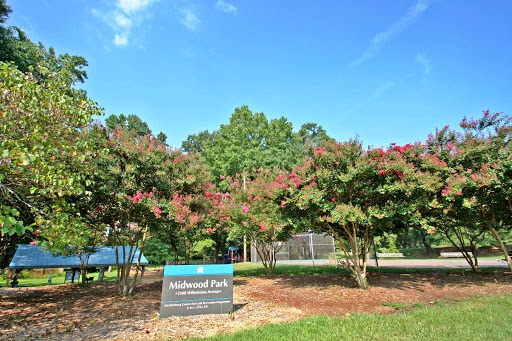
Name and Location: Historic Plaza Midwood features several small greenspaces: Midwood Park, Pearl Park, Oakwood Avenue Park and Veterans Park lies across Central Avenue in Elizabeth neighborhood nearby.
History and Significance: Dating back to the early 20th century, these pocket parks have served as communal outdoor space for generations of residents in these historic streetcar neighborhoods.
What to Expect: Neighborhood locals visit these intimate parks to walk dogs, play with kids and pets, have picnics, participate in community gatherings like concerts or movies in the park, or simply pass through while exploring historic tree-lined residential streets nearby.
Visitor Information: These small parks allow open access for neighborhoods to gather and play. On-street parking provides visitors easy stops while exploring Plaza Midwood area only a few minutes from Uptown.
Known for funky local flavor, Charlotte’s Plaza Midwood area mixes urban hipness with green spaces. Smaller pocket parks scattered throughout the neighborhood provide room to play, walk dogs, enjoy public art, or simply relax outdoors. Highlights are Pearl Park’s artifact walls and numeric sculpture meant to spark mathematical ponderings, Midwood Park’s community garden plots growing fresh produce to share, and Cherry Neighborhood Park drawing families to its creative playgrounds. These urban refuges reveal Plaza Midwood’s community spirit.
As Charlotte continues to grow, its citizens find solace and joy in the city’s abundant parks and natural areas. Ranging from small neighborhood havens to expansive nature preserves, Charlotte offers an outdoor escape for everyone whether looking for gardens, trails, courts, playgrounds, or open fields to simply lay in the grass and cloudwatch. For affordable entertainment and enjoying the vibrant Southern climate, Charlotteans love inhabiting the city’s outdoor green spaces.

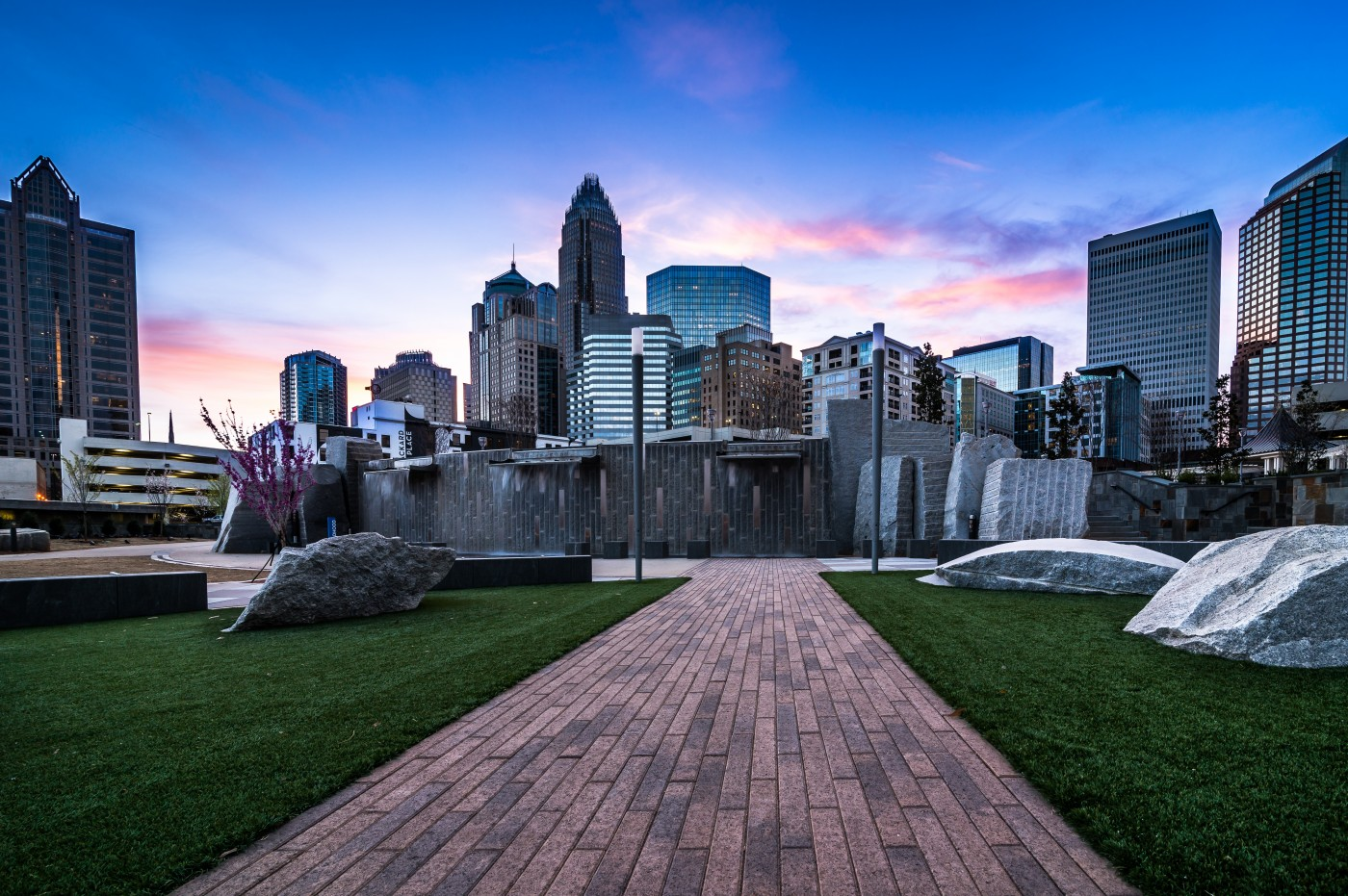


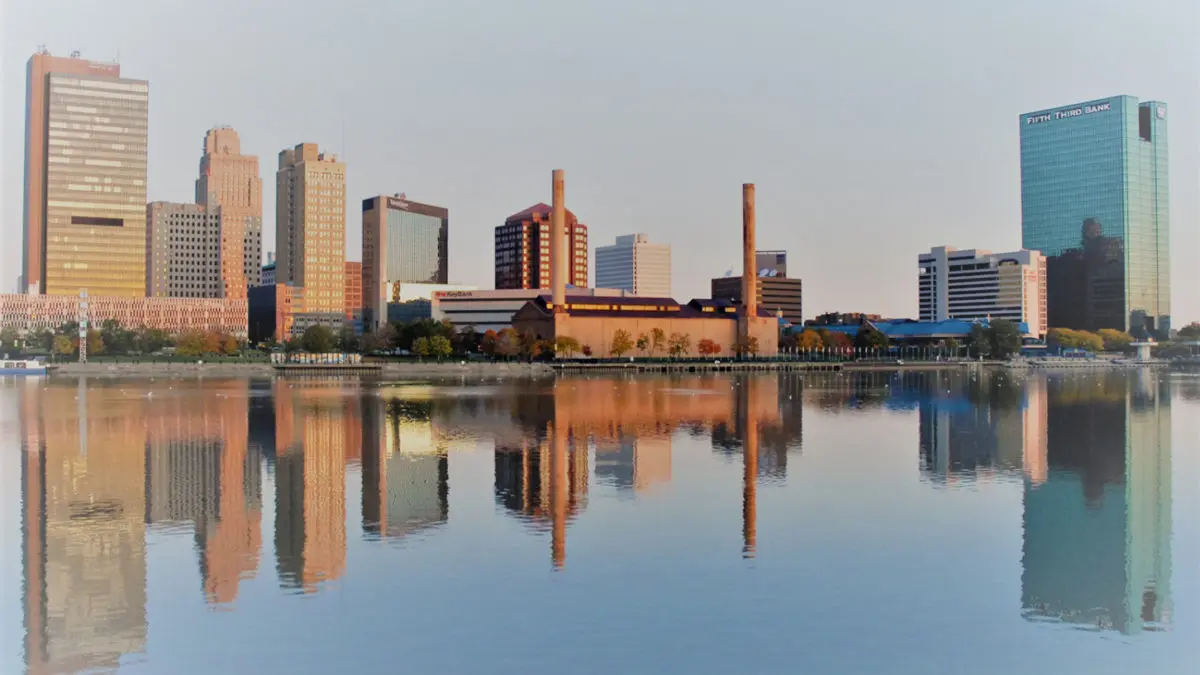
Join the Conversation